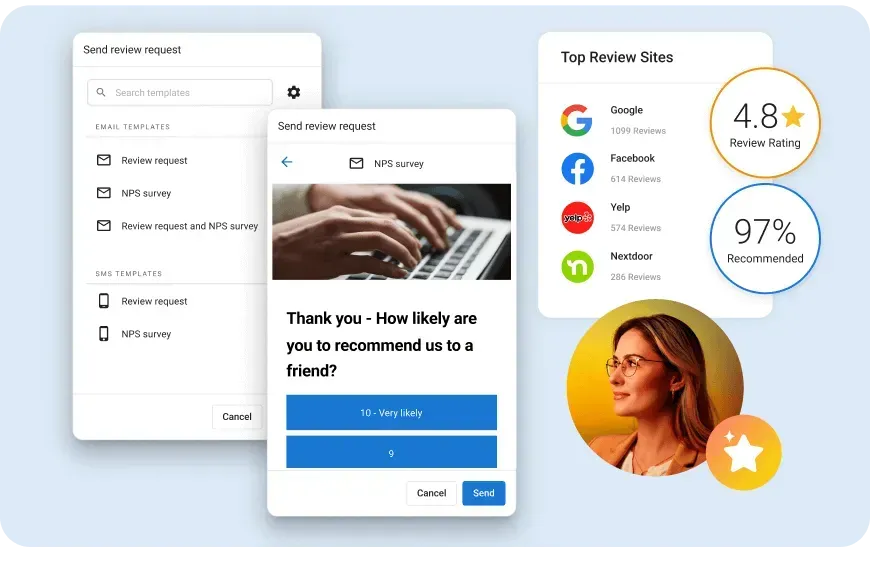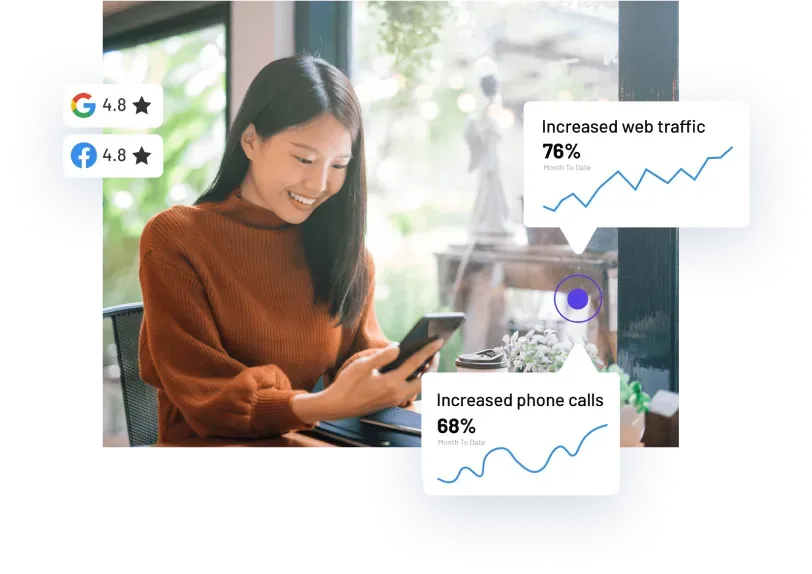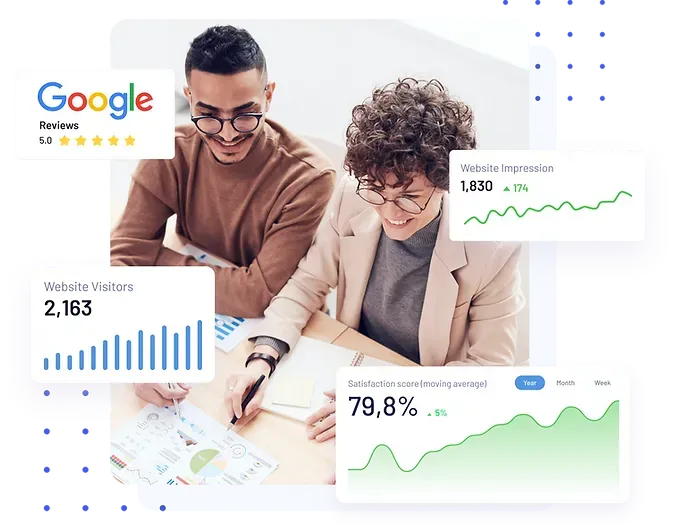HOW TO USE SEO FOR YOUR BUSINESS
It can be hard to keep up with all the modern digital marketing terms these days, but it's especially important to know about SEO.

SEO stands for search engine optimisation. In other words, it's a practice used to ensure that people can find your website when they use Google. So, how does SEO help your business?
Business owners need to take measures to improve their SEO. Customers nowadays often find businesses simply by searching Google, and it's important you climb up the Google rankings to make your company visible. But it isn't enough simply to have a website and there's a lot that goes into successful search engine optimisation. Here's a guide on how to use SEO for your business.
How Does SEO Help Your Business?
Search engine optimisation can help your business in many ways. Most importantly, it helps connect your target audience to your business website. You can instantly draw potential customers in and, if you sell your products and services online, SEO can even make you some quick profit.
Think about how you'd find a product or service you need on Google. It's unlikely you'd scour through pages to find what you need, which is why it's essential to make your way to the front page of Google. This can take some time, but there are various measures you can take to improve your search ranking and make it to the front page for certain search terms.
SEO covers a lot of methods which make your site more visible to potential customers and clients. Businesses that don't focus on SEO are likely to be beaten out by competitors more visible on Google.
How to Use SEO for Your Business
SEO can be tricky to keep up with, especially as Google commonly changes their algorithms and makes it harder to reach the front page. However, there are a few strategies which often help businesses make it to the front page of Google.
First of all, you need to focus on specific keywords and search terms. For instance, a clothing store will have far too much competition to show up on the first page of Google for "clothes." However, if you focus on more specific terms such as "affordable designer clothes in California," you could make it to the top of Google for your particular target market.
Websites often do this with their homepage, product pages, and various other pages to make themselves more visible. It also helps to build links between pages and attract links from outside sources. All of these things will help you improve your SEO over time.
How to Use Content for SEO
Many businesses nowadays also create tons of content. Not only can this attract more readers to your page, but it can also be a clever way to improve your SEO.
Blogs can be targeted at all kinds of search terms that your target market might look for. You can create blogs focused on specific keywords, questions, and products which customers are likely to search. What's more, you can link these blogs to other pages on your website and even entice customers to check out your products. In this sense, a customer might find one of your blogs on Google and end up making a purchase.
Content management systems such as WordPress make it easy for anyone to create content for their website. You can write blogs, add tags and images, and even use plugins such as Yoast SEO to drastically improve your visibility on Google.
Conclusion
Every business nowadays needs to use SEO to attract more hits from Google. Not only can this attract more readers to your site, but you can also use your content to convert them into customers. While it's possible to take the do-it-yourself approach, many companies enlist the help of professional SEO agencies. This is one of the quickest and most effective ways to boost your hits and even gain more customers.

Your customers are already talking. The question is—are you in the conversation? With our Business App + AI tools, you can finally take control of your online reputation without losing hours of your day. It’s smart, simple, and built for small business owners who want to grow (without the grind). Best of all, you can start FREE. Sign up here

Throughout this guide, we've explored how startups can use digital marketing to not only compete but excel, without the need for large budgets. From the targeted precision of email marketing to the expansive reach of social media, these tools provide a foundation for robust online engagement. Google's suite of tools enhances visibility and insights, while content marketing establishes your brand's authority and connects deeply with your audience.

In the fast-paced world of customer service, AI-powered chatbots are making significant strides, enhancing the way businesses interact with their customers. These tools are reshaping customer engagement, offering solutions that are immediate and increasingly personalized. Yet, one might wonder, can a machine truly understand and adapt to the diverse needs of customers?

Have you ever wondered how the simple act of speaking to a device could fill your shopping cart? Voice-activated shopping is a rapidly growing trend that's reshaping how we buy. With 27.4% of consumers already using intelligent assistants for their purchases, it's clear that this technology is establishing a significant presence.

This article explores the essential strategies for building and nurturing an online community that aligns with your brand’s values and business goals. How do you identify the right audience, and what platforms best host your budding community? These questions are pivotal as we explore the art of community engagement.

This guide explores practical strategies for safeguarding and enhancing your brand's reputation, ensuring it remains resilient against the ever-changing digital backdrop. What role does social media play in shaping how potential clients see you, and how can you turn sustainability into a compelling narrative for your audience?

Have you ever wondered why we often check online reviews before buying a product or choosing a restaurant? This behaviour is rooted in the concept of social proof, a psychological phenomenon where people assume the actions of others reflect correct behaviour for a given situation. In digital marketing, harnessing this powerful tool can significantly enhance your brand's credibility and influence consumer decisions. But how exactly can you leverage social proof to meet and exceed your marketing goals?



















